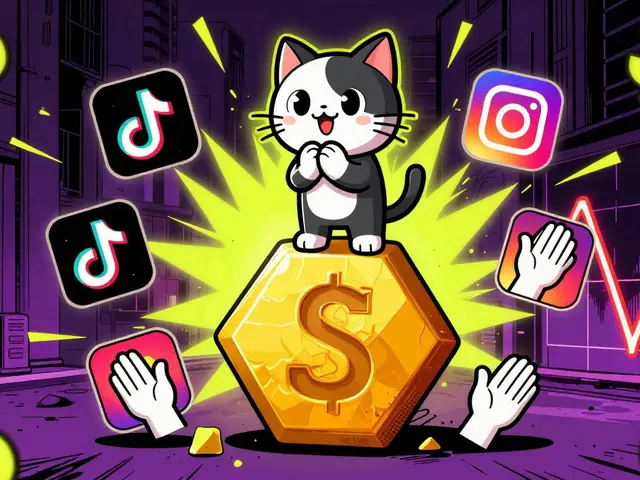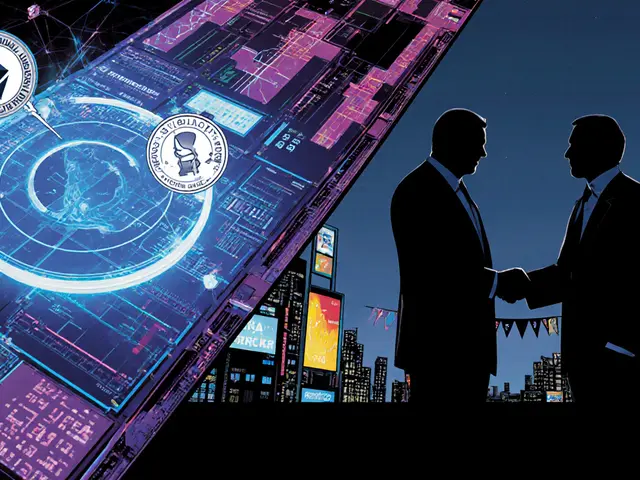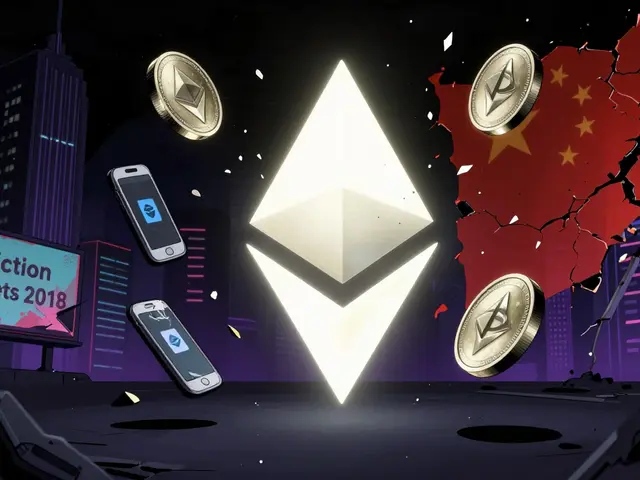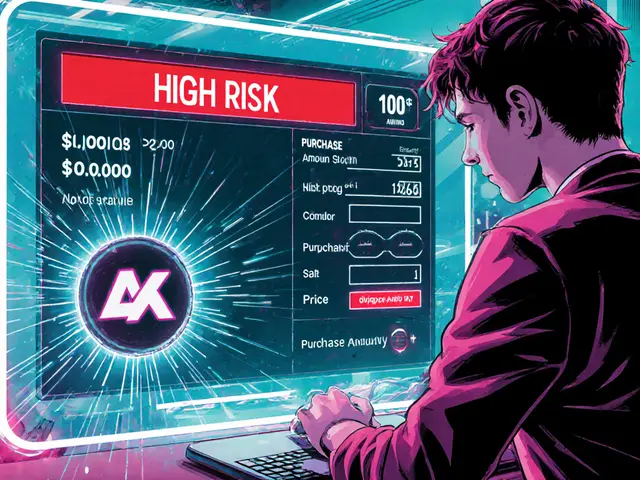DOJE Crypto: What It Is, Risks, and Why It Shows Up in Scam Reports
When you hear DOJE, a meme-based cryptocurrency token that gained brief attention on decentralized exchanges. Also known as DOJE token, it’s one of hundreds of tokens that appear out of nowhere, spike in price, then vanish—often leaving investors with nothing. Unlike Bitcoin or Ethereum, DOJE doesn’t have a clear purpose, team, or roadmap. It exists because someone created it, promoted it on social media, and hoped to cash out before anyone noticed it was empty.
DOJE is part of a larger group of tokens that show up in rug pull crypto, scams where developers abandon a project after pumping its value. These scams rely on hype, fake trading volume, and influencers pushing tokens with no real utility. You’ll find DOJE mentioned alongside tokens like RATS, CGX, and FEAR—all of which were promoted as the next big thing, then collapsed. The pattern is always the same: low liquidity, no audit, anonymous team, and a sudden price surge followed by a crash. If a token’s name sounds like a joke, it probably is.
DOJE doesn’t stand for anything meaningful. It’s not tied to a platform, a game, or a service. It’s just a symbol on a blockchain, bought by people chasing quick gains. That’s why it shows up in reports about low liquidity tokens, crypto assets with so little trading volume that a single large sale can wipe out the price. When a token has under $100,000 in liquidity and thousands of holders, it’s not a market—it’s a trap. The people who created DOJE didn’t build a product. They built a lottery ticket with no winning numbers.
What’s worse? You’ll find DOJE linked to the same networks that run Myanmar scams and fake airdrops. These aren’t random actors. They’re organized groups using the same playbook: create a token, flood Telegram and Twitter with bots, push it on Reddit, then drain the liquidity pool. By the time you realize it’s a scam, your coins are gone and the wallet address is inactive.
There’s no official website, no whitepaper, no GitHub. No one can tell you who owns the majority of DOJE. That’s not a bug—it’s the design. This isn’t finance. It’s gambling dressed up as innovation. And if you’re seeing DOJE in a post about rug pulls, airdrops, or exchange reviews, it’s not there because it’s valuable. It’s there because it’s a warning sign.
Below, you’ll find real examples of how tokens like DOJE operate, how they disappear, and how to spot the next one before you lose money. These aren’t theoretical risks. These are live, happening-right-now scams. If you’ve ever wondered why people lose money on meme coins, the answer is right here.
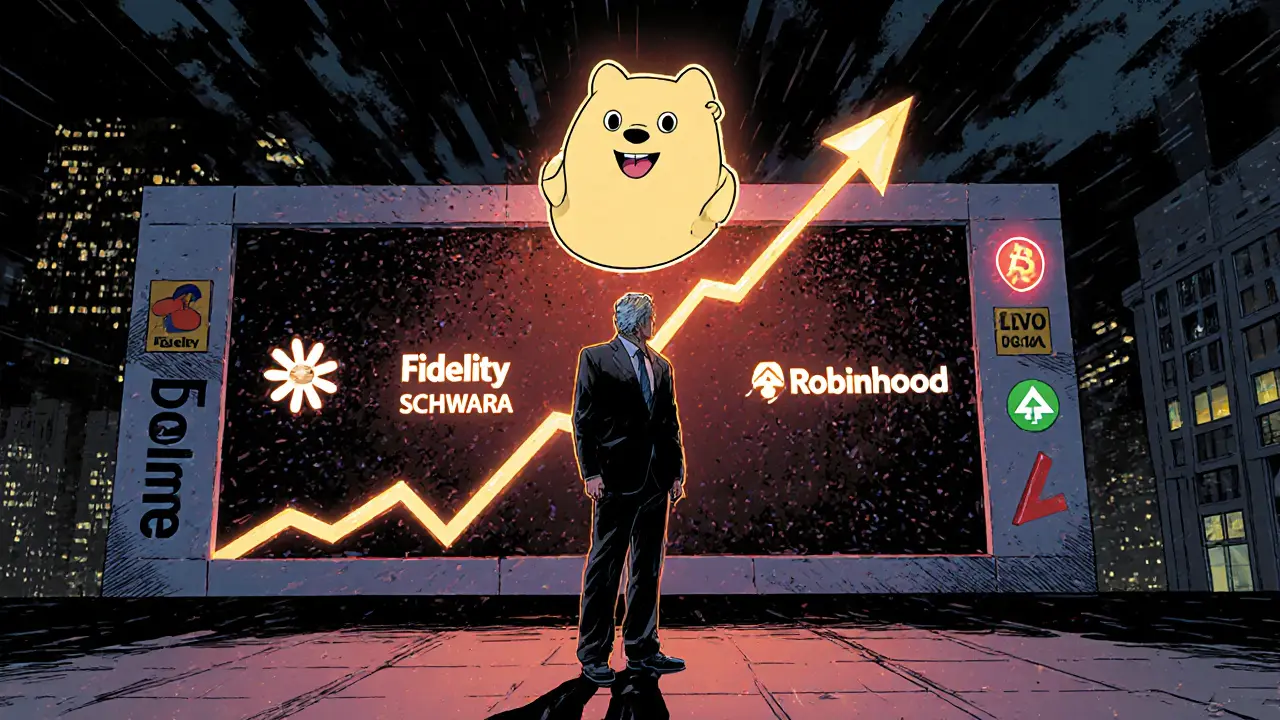
The DOGE ETF (DOJE) is the first regulated investment product that lets you track Dogecoin's price through your brokerage account. Learn how it works, its fees, risks, and why it matters for retail investors.
Continue Reading

